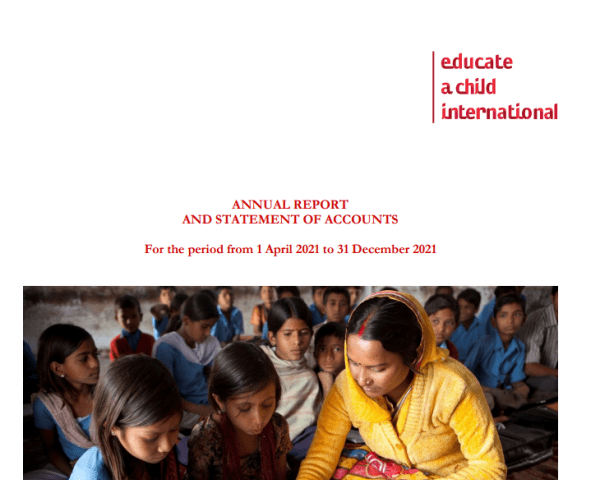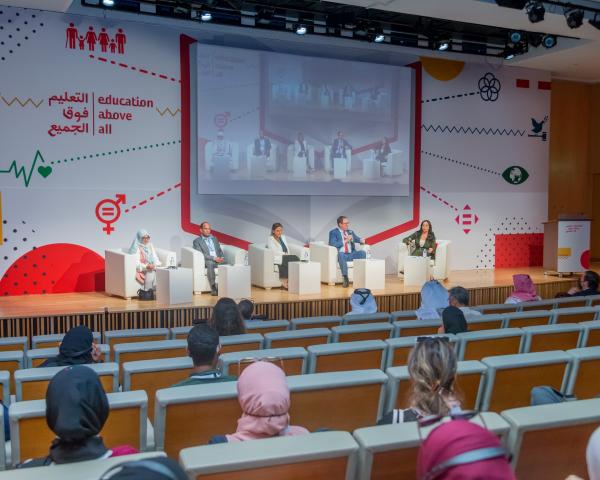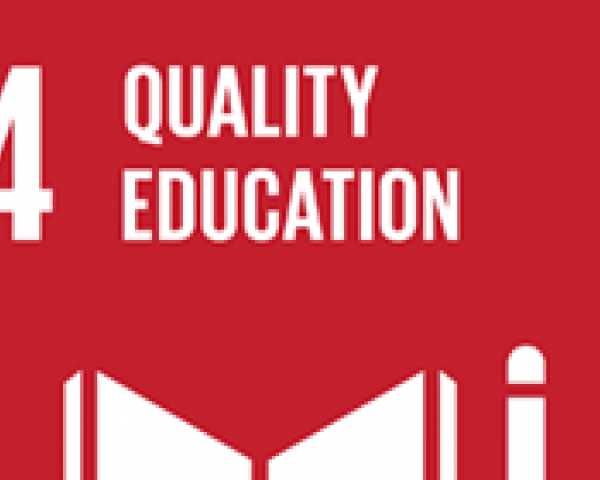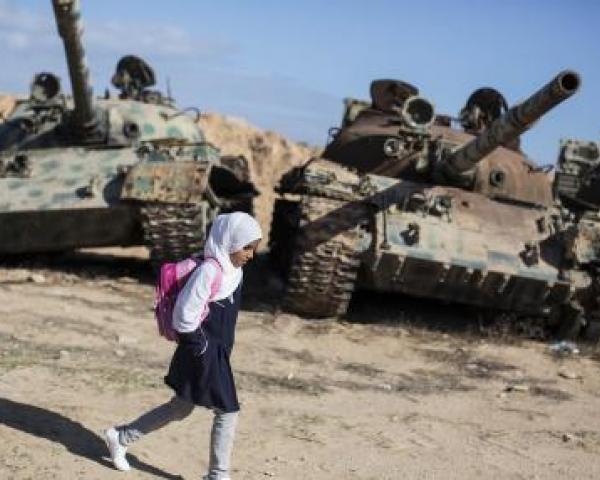The World Humanitarian Day in 2020 - Celebrating Extraordinary Efforts
Today, 19th August, we honour the World Humanitarian Day proclaimed in 2008 in memory of the United Nations High Commissioner for Human Rights, Sergio Vieira de Mello, and twenty other staff who sacrificed their lives in a bombing in Baghdad in 2003. On this day, we pay tribute to brave aid workers who provide humanitarian services to those affected by armed conflict and insecurity and, in general, by emergencies and crises. We praise the relentless efforts of humanitarian workers who are on the front lines when emergencies strike, ultimately risking their own lives to help others. We celebrate the precious work of those who make possible the continuity, in any form, of essential services adversely impacted by conflicts and emergencies. Education is one such service: often taken hostage by conflicts and crises, the first to be disrupted, misappropriated or instrumentalised and often the last to be fully reinstated.
‘The 2030 Agenda for Sustainable Development: Transforming Our World’ emphasizes the importance of establishing resilient education systems and ensuring that education is maintained during emergency, conflict and post-conflict situations. Specifically, the Sustainable Development Goal (SDG) 4 for Education calls for much more focus on education in emergencies and protracted crises globally. Yet, more than half of out-of-school children of primary-school age live in countries affected by emergencies (UNICEF 2018)[1].
Educate A Child (EAC), a global programme of the Education Above All (EAA) Foundation, works with partner organisations on the ground to trigger significant breakthroughs in providing out of school children faced with barriers including extreme poverty, cultural constraints and crises an opportunity to enroll in a full course of quality primary education. Together with partners, EAC supports programmes in countries affected by severe and protracted crises, such as Syria, Iraq, Bangladesh, Mali, Burkina Faso and Niger. This year, the World Humanitarian Day assumes for us an even deeper dimension amid the COVID-19 outbreak, a crisis of unprecedented magnitude and consequences. With schools closed in 106 countries around the globe (UNESCO, 2020)[2], the outbreak of the COVID-19 pandemic could push those children already out of school even further behind and create multi-layered barriers for many other children to continue on their learning pathways. In countries already coping with conflict and emergencies, COVID-19 could further exacerbate needs and deflect international attention.
In light of the pandemic, not only do we celebrate the tireless work of doctors and nurses but also the extraordinary work of our partners who are working around the clock to ensure continuity of education and learning for the most vulnerable children, while duplicating efforts to make sure that those children out of school prior to the crisis still have an opportunity to enroll when schools reopen. With EAA support, they have swiftly adapted and transformed education provision in line with health measures adopted to contain the spread of the virus. To mention but a few, in Syria, our partner UNICEF USA, building on the existing Self-Learning Material (SLM) and other non-formal education programmes, leveraging local systems and coordination networks, has been able to ensure continuity of education for out of school children through distance programmes and use interaction with children and families to disseminate COVID-19 related messages. Similarly in Iraq, EAA’s partner UNESCO has been able to support primary education and alternative learning through more than 370 distance education programmes on television. Systematically integrating capacity building of resilient local systems, transcending the humanitarian-development divide and providing long-term investments in times of crises, EAA and partners strive to comprehensively tackle children’s heightened vulnerabilities in times of emergencies. Each does so, together and within the overall framework of the Sustainable Development Goals to turn crises into windows of opportunities and ‘build back better’ while continuously rethinking and adapting our ‘ways of working’.
Today, once again, we would like to thank our partners for their commitment and unabated determination to provide education for the most vulnerable out of school children, aware that the COVID-19 pandemic has also directly impacted partners’ project teams, who are enduring a new set of challenges amid enforced lockdowns, travel restrictions and required periods of quarantine.
About the Author
Dr. Mary Joy Pigozzi is executive director of Educate A Child (EAC), a global programme of the Education Above All (EAA) Foundation. She has led the programme since 2012. Before joining EAC, she served in senior positions in UN agencies and NGOs. Born and raised in Botswana and educated in Botswana and Zimbabwe through secondary school, the focus of her professional work has been on education for the most marginalised.
[1] UNICEF (2018) A future Stolen: Young and Out of school.
[2] UNESCO https://en.unesco.org/covid19/educationresponse (as of 2 August 2020)














